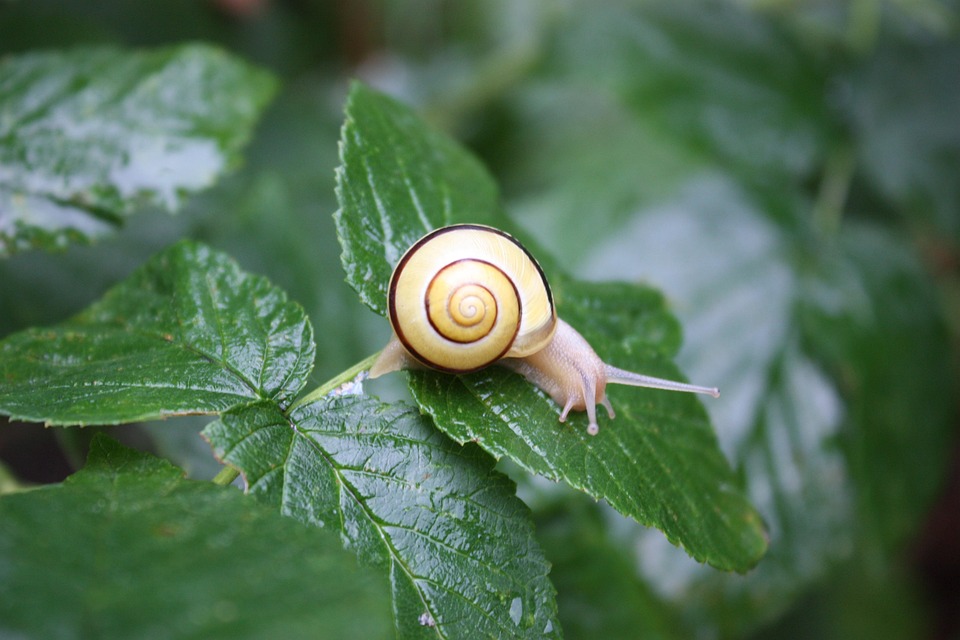Embracing the Present: The Power of Daily Mindfulness Practice
Living in the present moment can be a challenging task in today’s fast-paced world. With constant distractions and a never-ending to-do list, it’s easy to get caught up in worries about the future or regrets about the past. However, embracing the present through daily mindfulness practice can have profound benefits for our mental, emotional, and physical well-being.
What is Mindfulness?
Mindfulness is the practice of intentionally focusing on the present moment without judgment. It involves paying attention to our thoughts, feelings, and sensations as they arise, without getting caught up in them or reacting impulsively. Mindfulness allows us to cultivate a sense of awareness and presence in our daily lives, helping us to connect more deeply with ourselves and the world around us.
The Benefits of Daily Mindfulness Practice
There is a growing body of research that supports the numerous benefits of daily mindfulness practice. Some of the key benefits include:
Reduced Stress and Anxiety
One of the most well-documented benefits of mindfulness practice is its ability to reduce stress and anxiety. By focusing on the present moment and cultivating a sense of calm awareness, we can learn to better manage our stress levels and reduce feelings of anxiety.
Improved Focus and Concentration
Mindfulness practice has been shown to improve our ability to focus and concentrate. By training our minds to stay present and attentive, we can enhance our cognitive abilities and perform better in various tasks and activities.
Enhanced Emotional Regulation
Regular mindfulness practice can help us regulate our emotions more effectively. By observing our thoughts and feelings without judgment, we can learn to respond to challenging situations with greater clarity and composure.
Increased Self-Awareness
Through mindfulness practice, we can develop a deeper sense of self-awareness. By paying attention to our thoughts, emotions, and behaviors, we can gain insight into our patterns and habits, leading to greater self-understanding and personal growth.
How to Incorporate Mindfulness into Your Daily Routine
Integrating mindfulness into your daily routine doesn’t have to be complicated or time-consuming. Here are some simple ways to incorporate mindfulness into your day:
Morning Meditation
Start your day with a short meditation practice to set a positive tone for the day ahead. Sit quietly for a few minutes, focusing on your breath and bringing your attention to the present moment.
Mindful Eating
Practice mindful eating by savoring each bite of your meals and paying attention to the flavors, textures, and sensations of the food. This can help you cultivate a greater appreciation for the nourishment your body receives.
Body Scan
Take a few minutes throughout the day to do a quick body scan, bringing your attention to each part of your body and noticing any sensations or tension. This can help you relax and release any physical discomfort.
Gratitude Practice
End your day by reflecting on three things you are grateful for. This simple practice can help shift your focus from what’s lacking in your life to the abundance that surrounds you.
Common Misconceptions About Mindfulness
There are several misconceptions about mindfulness that can prevent people from fully embracing the practice. Here are some common myths debunked:
Mindfulness is about clearing your mind
Contrary to popular belief, mindfulness is not about emptying your mind of thoughts. It’s about observing your thoughts without getting caught up in them or judging them. It’s normal for thoughts to arise during meditation; the key is to observe them non-judgmentally and let them pass.
Mindfulness is time-consuming
You don’t need to spend hours meditating to experience the benefits of mindfulness. Even short, regular practices can have a significant impact on your well-being. A few minutes of mindfulness each day can make a difference in how you navigate your daily life.
Mindfulness is only for spiritual or religious people
While mindfulness has roots in spiritual traditions, it is a practice that can benefit anyone, regardless of their beliefs. Mindfulness is a secular practice that can be integrated into daily life to enhance well-being and reduce stress.
Conclusion
Embracing the present through daily mindfulness practice can have transformative effects on our mental, emotional, and physical health. By cultivating a sense of awareness and presence in our daily lives, we can reduce stress, improve focus, enhance emotional regulation, and increase self-awareness. Incorporating simple mindfulness practices into our daily routine can help us live more fully and authentically in the present moment, leading to a greater sense of peace and well-being.
Start your mindfulness journey today and experience the power of living in the present moment.

